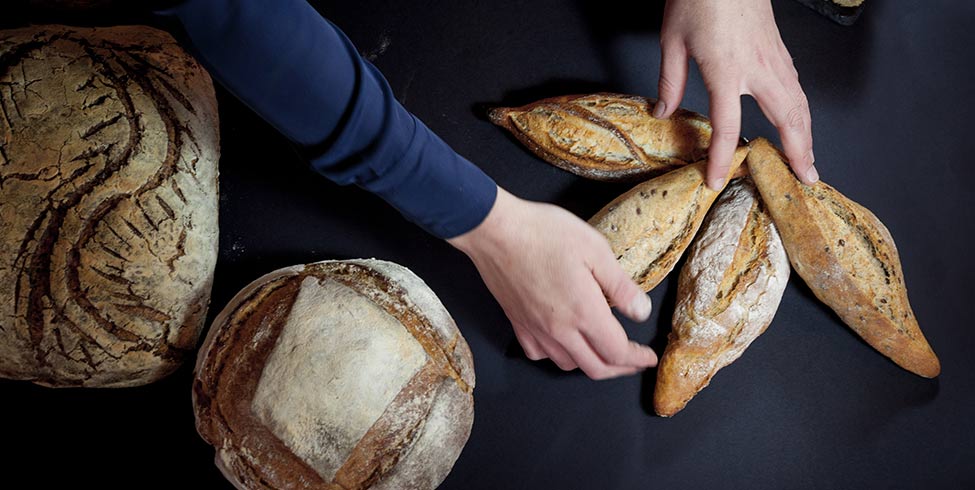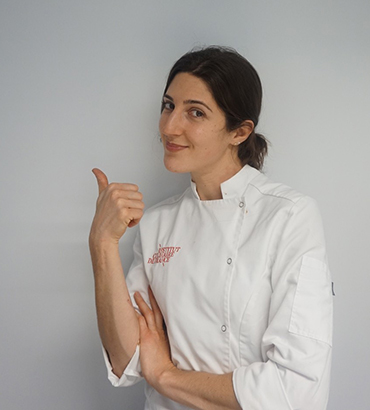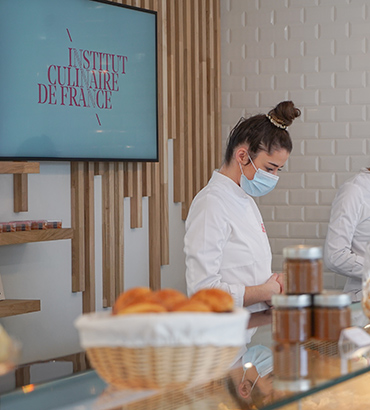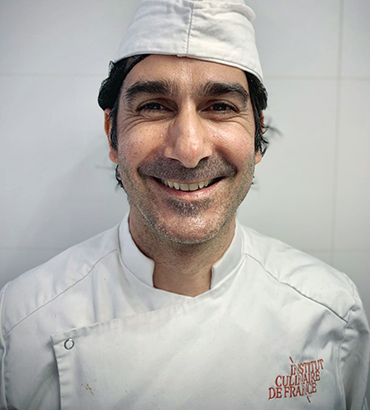Whether you become a salaried employee reporting to a bakery owner or bakery department manager, or whether you choose the route of opening your own bakery and becoming self-employed, there are several skills, requirements and duties that the profession has in common for all bakers no matter what their culinary career path.
How to become a baker?
In order to learn the theoretical and practical skills of baking, aspiring bakers should undertake a professional training course in the subject. This should include the range of preparation techniques, quality control and technology. It is also important that your teachers are qualified professionals with experience in their field.
Learning about food safety and hygiene measures is also essential, as these are fundamental for bakers and will be required by future employers.
In addition to hands-on training, aspiring bakers should undertake professional work experience in order to acquire and master the skills required to become a baker in a real-life setting.
How many years of culinary school to become a baker?
How long is culinary school for baking? The Professional Certificate at Institut Culinaire de France takes six months, plus a two-month work placement. Thanks to an intensive pace in the laboratory, this half-year training course covers all specialities in-depth, including pastry, bakery, chocolate, confectionery and ice cream making.
Baker job duties and responsibilities
No matter which setting you work in, the role of baker includes many or all of the following duties. Invariably, you will need to arrive early in the morning and potentially be in charge of opening the bakery. You will also need to clean workstations, kitchen equipment and tools before use and order and monitor supplies of raw materials. Carrying out routine and unplanned maintenance on equipment is essential to ensure the workplace runs smoothly. Keeping records relating to deliveries, inventory and production is also essential to ensure the bakery is well stocked.
When it comes to making products, you will need to weigh, measure and mix flour and other raw ingredients to prepare dough and batter, for various sweet and savoury breads, pastries and cakes. You will also shape dough to prepare different types of pastries including croissants and mix various ingredients to create fillings for sweet and savoury products. You will be required to adjust oven temperatures to ensure proper baking and decorate cakes with glazes, icings and toppings.
A key duty to ensure quality is that of performing checks to ensure all raw and finished goods adhere to food safety and quality standards. Bakers may also have to package end products and set up window and counter displays in-store.
An important part of the role is that of designing, executing and improving recipes. And you will be required to recommend and develop new recipes, such as gluten-free and vegan, according to customer demand.
Some bakers may have a customer-facing role, serving clients directly. They will process orders from customers and prepare custom-made pastries based on customers’ requirements.
Baker job qualifications
To become a baker, it is highly recommended that you have a qualification from a culinary school in addition to a high school diploma or equivalent. You will also need work experience as a baker or a pastry chef, or a similar role.
Requirements to become a baker
Skill-wise, you will need to be familiar with all professional equipment, including mixers and blenders and heat sources. And, it goes without saying, you should possess a solid mastery of baking techniques.
Strong communications skills are essential, alongside being organized and having the ability to plan. Attention to detail is also prerequisite, not only in being able to accurately execute recipes but also when performing quality inspections on ingredients and products. Basic maths and computer skills are also advantageous.
It is important to be a team player, working with colleagues to produce exceptional products and have a customer-focused attitude to ensure customer satisfaction. You will need to be flexible as baking hours can be demanding and require early morning, night, weekend and holiday availability.
A certain strength and stamina are needed to be able to deal with the long hours and physical nature of the role, working in a hot, busy environment and using heavy items and performing manual tasks for extended periods.



